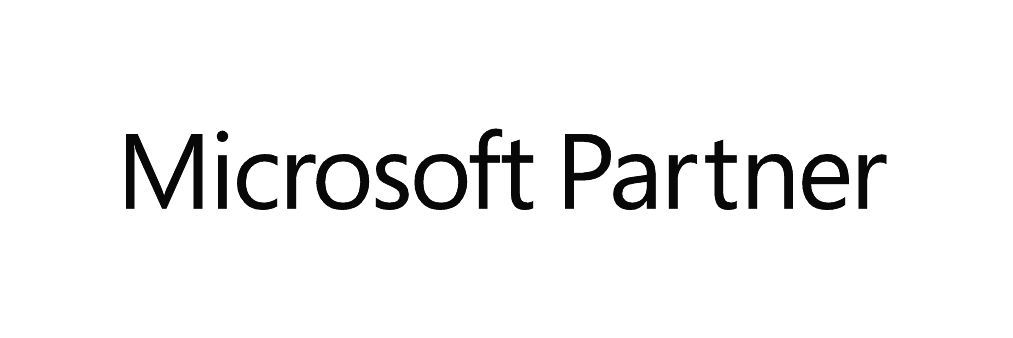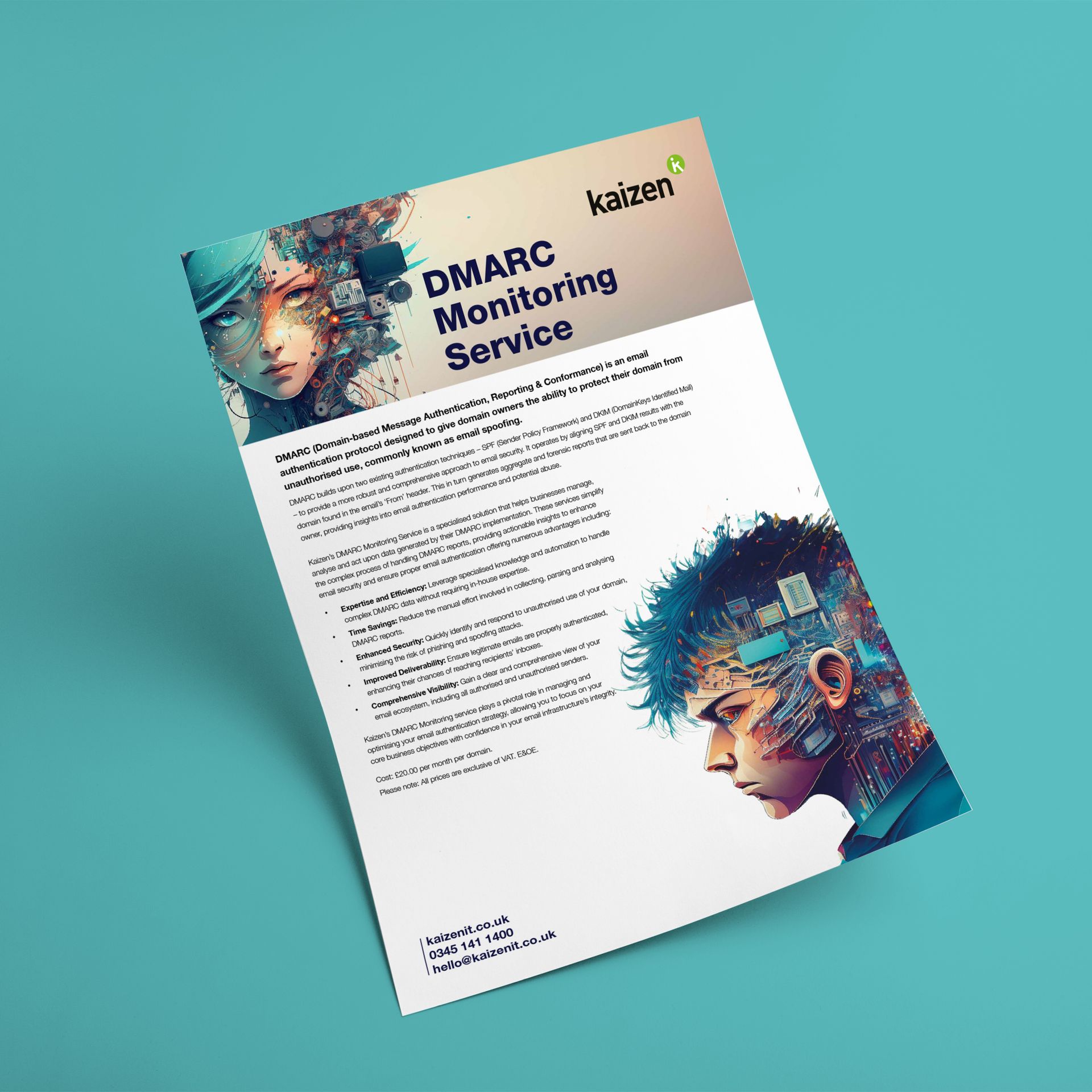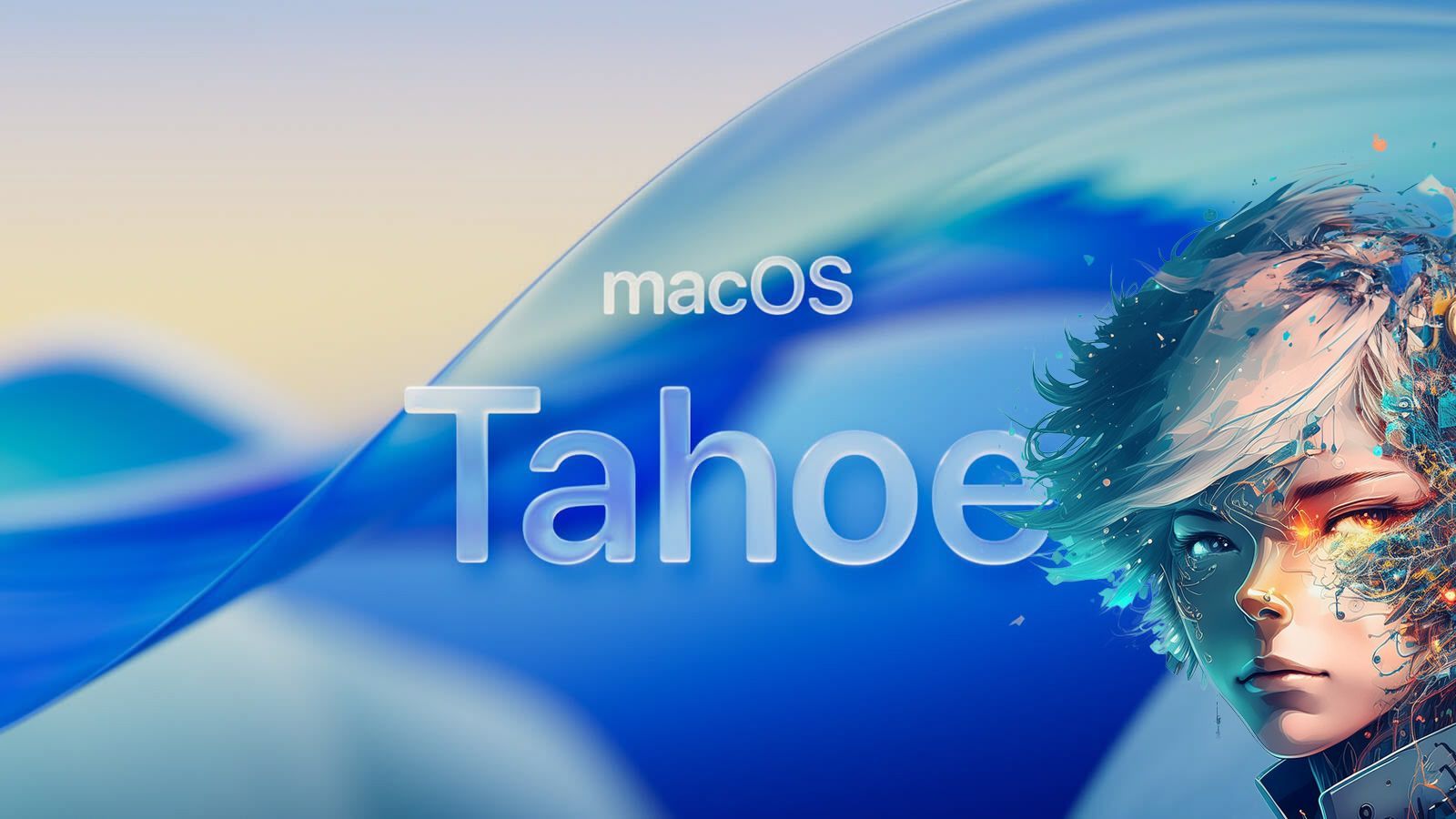DMARC: Major Email Providers Now Require Domain Protection
New authentication requirements from major email providers are reshaping how businesses must handle their email security. Here's what you need to know.
In the ever-evolving landscape of email security, 2024 and 2025 have marked a turning point. Microsoft, following in the footsteps of Google and Yahoo, has implemented strict requirements for email authentication using DMARC (Domain-based Message Authentication, Reporting & Conformance). This move aims to protect domains from abuse, reduce phishing and spoofing, and ensure that only legitimate emails reach users’ inboxes. For businesses, especially those sending high volumes of email, understanding and complying with these new standards is now mission-critical.
What is DMARC and Why Does It Matter?
DMARC is an email authentication protocol that empowers domain owners to protect their domains from unauthorised use — particularly email spoofing and phishing attacks. It works by building on two established authentication methods: SPF (Sender Policy Framework) and DKIM (DomainKeys Identified Mail). When an email is sent, DMARC checks whether it passes SPF and/or DKIM, and whether the sender’s domain aligns with the domain in the email’s “From” header. Based on these checks, DMARC instructs the receiving server on how to handle messages that fail authentication: do nothing, send them to spam, or reject them outright.
This protocol also enables domain owners to receive reports on authentication activity, providing visibility into both legitimate and potentially malicious use of their domains.
The Shift: Microsoft Joins Google and Yahoo in Requiring DMARC
Historically, DMARC adoption was encouraged but not strictly enforced by major email providers. That changed in 2024, when Google and Yahoo began requiring DMARC for bulk senders. Microsoft followed suit in 2025, making DMARC compliance mandatory for those sending more than 5,000 emails per day to its consumer services (Outlook.com, Hotmail.com, and Live.com).
Starting May 5, 2025, Microsoft began outright rejecting emails from high-volume senders that lack proper authentication — these messages are no longer just sent to the Junk folder, but are rejected with a “550 5.7.15 Access denied” error. To comply, senders must have valid SPF, DKIM, and DMARC records published for their domains, and ensure that these records are correctly configured and aligned. This move brings Microsoft in line with Google and Yahoo, who began similar enforcement in early 2024.
These changes reflect a broader industry push to make email safer and more trustworthy, protecting users from spam, phishing, and domain impersonation.
What Does This Mean for Your Business?
If your organisation sends bulk emails — whether for marketing, notifications, or customer service — you must ensure your domains are protected and authenticated via SPF, DKIM, and DMARC. Without these measures in place, your emails risk being rejected by Microsoft, Google, Yahoo, and potentially other providers in the future.
Beyond compliance, DMARC implementation significantly reduces the risk of your domain being used in phishing attacks, protects your brand reputation, and increases the deliverability of your legitimate emails.
However, DMARC can be complex to configure and manage. The protocol generates detailed reports that can be difficult to interpret without expertise, and ongoing monitoring is essential to respond quickly to any signs of abuse or authentication failures.
How Kaizen IT’s DMARC Monitoring Service Can Help
Kaizen IT offers a specialised DMARC Monitoring Service designed to simplify compliance and maximise the security benefits of DMARC for your business. Here’s how Kaizen IT supports you on your DMARC journey:
- Expertise and Efficiency: Kaizen IT leverages deep technical knowledge and automation to handle the complexities of DMARC data, so you don’t need in-house specialists.
- Time Savings: The service reduces the manual effort involved in collecting, parsing, and analysing DMARC reports, freeing your team to focus on core business tasks.
- Enhanced Security: By continuously monitoring your DMARC data, Kaizen IT helps you quickly identify and respond to unauthorised use of your domain, minimising the risk of phishing and spoofing attacks.
- Improved Deliverability: Proper DMARC implementation ensures your legitimate emails are authenticated, increasing their chances of reaching recipients’ inboxes.
- Comprehensive Visibility: You gain a clear view of your email ecosystem, including all authorised and unauthorised senders, helping you maintain control and compliance.
Kaizen IT’s DMARC Monitoring Service is available for £20.00 per month per domain (exclusive of VAT), providing an affordable and effective way to protect your email infrastructure and brand reputation.
Conclusion
With Microsoft, Google, and Yahoo now requiring DMARC for bulk email senders, robust domain protection is no longer optional — it’s essential. Implementing and monitoring DMARC can be challenging, but with Kaizen IT’s DMARC Monitoring Service, you can ensure compliance, protect your brand, and maintain the trust of your customers. If you’re ready to secure your domain and meet the latest industry requirements, Kaizen IT is here to help.








